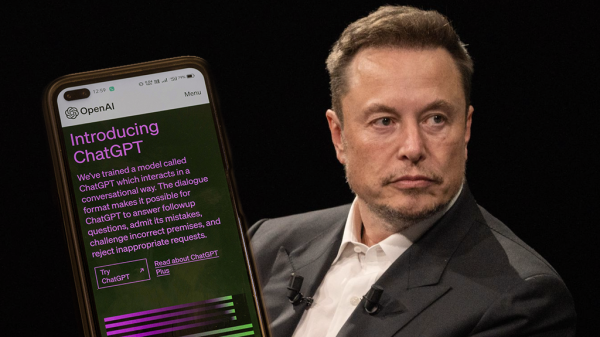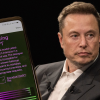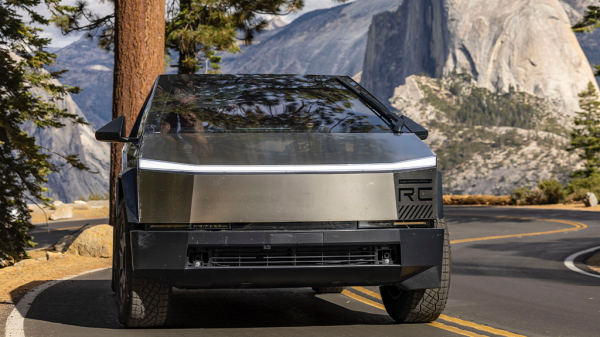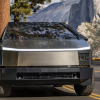After a $44 billion bid to buy Twitter in April, Elon Musk has submitted a filing with the Security and Exchange Commission (SEC) in an attempt to terminate the deal.
Twitter shareholders are currently suing the business mogul…
Musk claims that he entered the merger agreement under false claims, and was never given a complete assessment of Twitter, with his main concern being the number of bot accounts Twitter has.
Thus, he is unable to complete an independent evaluation. He requested the data in letters dated June 6th, June 17th, and June 29th, respectively.
However, Musk may not get away that easily. Twitter chairman Bret Taylor said that they will close the deal with Musk, even if they must pursue legal action. Twitter says Musk’s attempt to terminate the acquisition is “invalid and wrongful”.
Let’s explore some other reasons Musk may be backing out of his $44B deal.
1) This could all have been a ruse for media attention. This bid, which was much larger than Twitter ever expected, came only months after CEO Jack Dorsey stepped down. Musk likely knew that this was an uncertain time for Twitter, and such a large bid coming from a prominent figure, combined with his free speech ideas (as they pertain to social media) were sure to garner media attention.
Musk even went so far as to troll users about the acquisition and joked about all the other companies he was going to buy. Considering his other companies Space X, and Tesla are having a rough year, it’s possible he hoped that all the attention he received from his deal with Twitter would help the stock prices or valuations of his other companies.
Or maybe he’ll announce some secret deal with some other company, or a new invention at Neuralink, Tesla, or Space X, now that all eyes are on him.
2) Musk could be trying to manipulate stock prices. Musk is known for using his position to positively impact his business ventures.
In fact, Twitter shareholders are currently suing the business mogul, with their legal team claiming that by delaying the publication of the amount of his stake in Twitter, he manipulated the market and was able to buy shares at an artificially low price.
3) Maybe he couldn’t leverage Tesla. Contrary to popular belief, billionaires don’t just have rooms or vaults at the bank filled with their wealth, like Scrooge McDuck.
Instead, they have their fortunes in investments. In Musk’s case, many of his investments are the companies he owns. In order to get enough liquid capital to purchase Twitter, Musk would have to leverage Tesla, which, he may not be able to afford to do.
Since November, Tesla stock has plummeted and is currently worth half of what it was. Tesla has also dropped in valuation by the billions. So, maybe the deal is much riskier than it once was and he wants out.
4) The policy and legal issues could have been too difficult to overcome. Musk wanted to take Twitter private, and as result allow unmoderated speech on the social media platform.
So, maybe the deal is much riskier than it once was and he wants out.
However, many countries have strict internet policies, regulations, or laws that could cause whole countries to block their citizens from using Twitter. The concept of free speech without consequences on a social media platform is nice, but in practice, it raises many concerns, including the concern that material usually reserved for the dark web could be brought to the surface, or that the platform will empower grassroots terrorist organizations or hate groups, which we’ve seen in the past on unmoderated platforms like 4chan.
5) Maybe the game is rigged. David Sacks, an entrepreneur, and investor with a list of successful tech companies a mile long, including early investments in Facebook, Uber, Airbnb, and Space X, tweeted:
“If the game is fair, Elon can buy Twitter. If the game is rigged there will be some reason he won’t be able to. We’re about to see how far this corruption goes” to which Elon succinctly replied “Indeed.”
Now, considering Twitter was going to go ahead with the deal, and Musk is the one with cold feet, the game doesn’t seem “rigged,” but still that’s one prophetic Twitter exchange.
Once again, Twitter’s future remains uncertain. If Musk backs out of this merger, can he keep his 9.2% stake in Twitter? His stake is much higher than that of the board of directors, who owns a median 0.12%.
The Vanguard Group currently owns the majority stake at 10.3%, so they may be the deciding entity in the destiny of the deal. Regardless of what happens, we are going to watch a complicated and interesting legal battle unfold.
Once again, the future of Twitter hangs in the balance.
Nicole is a recent graduate (okay fine, a recent-ish graduate) of Texas State University-San Marcos where she received a BA in Psychology. When she's not doing freelance writing, she's doing freelance Public Relations. When she's not working, she's hanging out with dogs or her friends - in that order. Nicole watches way too much Netflix and is always quoting The Office. She has an obsession with true crime and sloths.












































